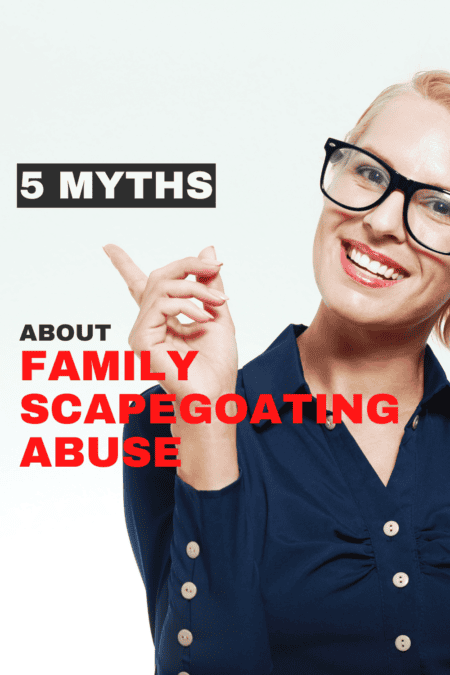Why Family Scapegoating Abuse (FSA) Merits Global Attention
In the intricate tapestry of family dynamics, there exists an overlooked, devastating phenomenon concealed in shadows – Family Scapegoating Abuse (FSA). FSA is like a silent, insidious stalker that preys upon vulnerable family members, leaving deep scars that often go unnoticed and unrecognized. In this article, clinician and researcher Rebecca C. Mandeville addresses why FSA warrants our collective attention, and what we can do to begin to effectively address it as a society.



